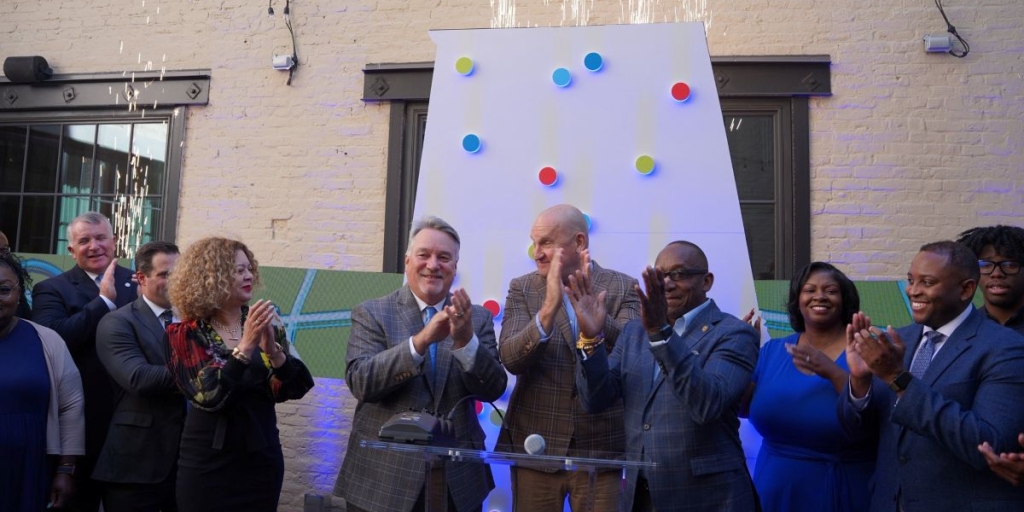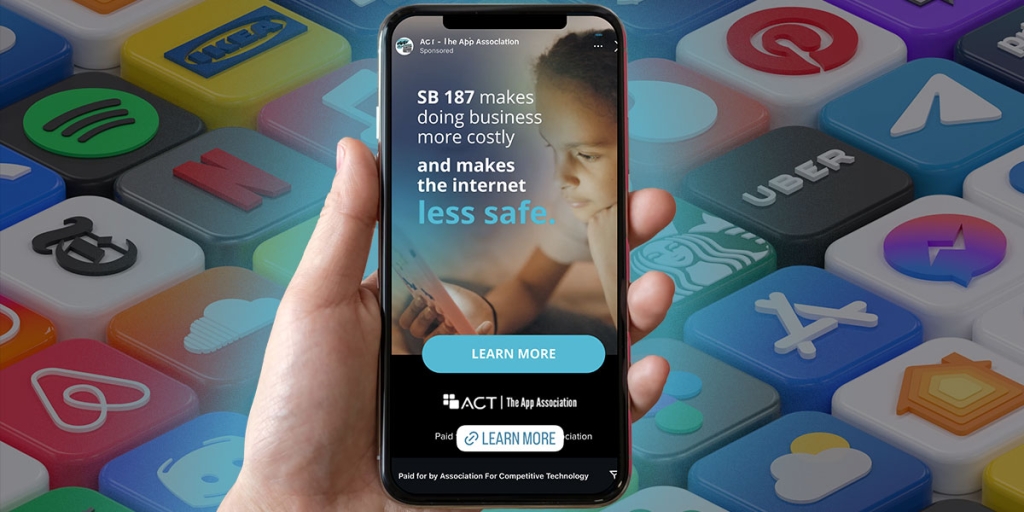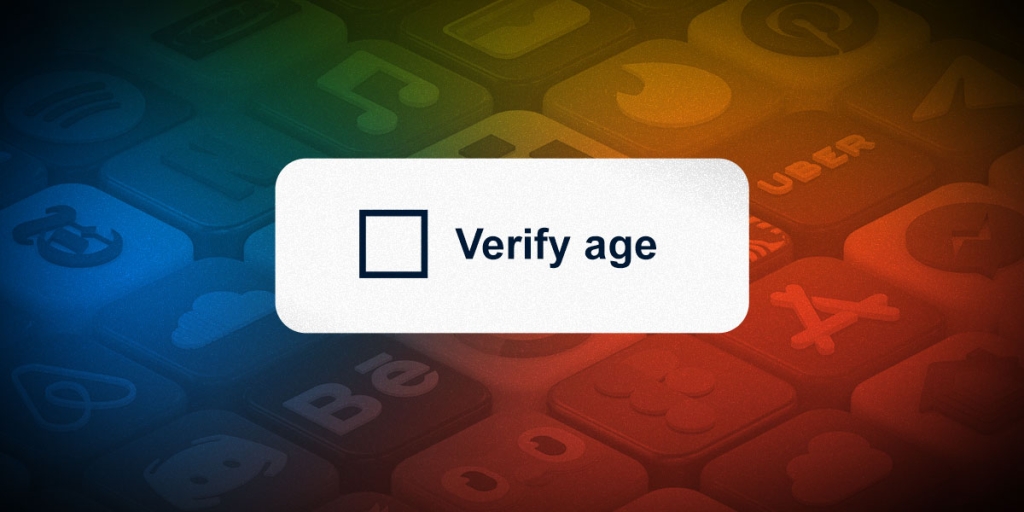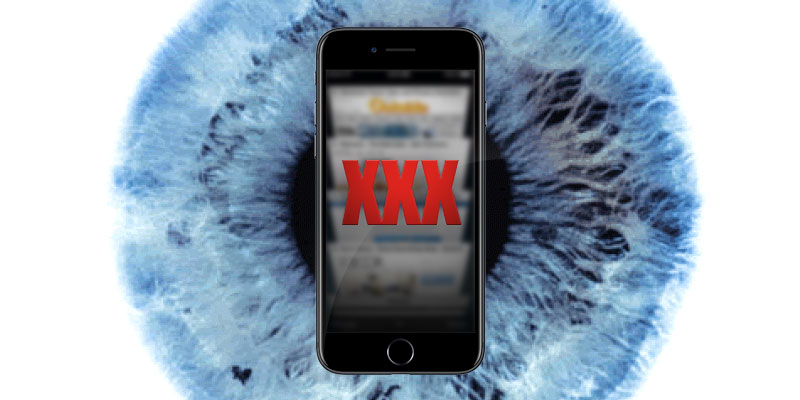
Alabama native and Apple CEO Tim Cook sent a clear message to the federal government Wednesday morning, warning his customers of the danger lurking in their iPhones’ “backdoor.”
The Auburn graduate stated in an open letter that Apple will fight a federal court order that compels the manufacturer to build a “master key” for the data held on its mobile devices.
The case before the court involves the iPhone 5C that belonged to San Bernardino shooter Syed Rizwaan Farook. The FBI can’t guess Farook’s PIN code, and if they try too many incorrect codes, the phone may wipe itself. Each time they make a guess, the iOS operating system also adds a delay before they can try another one.
As a result, a federal judge in California ordered Apple to aid the FBI by creating a special version of the iPhone software that investigators could load onto the handset, allowing them to bypass the phone’s security mechanisms. This special software would bypass or disable the auto-erase function, remove the artificial delays between guess attempts, and make it possible to automatically make those guesses via Wi-Fi or some other means that avoids someone having to physically type each one.
While this may seem like a harmless request in furtherance of national security, Cook argues that the court’s demands put Apple customers at risk and sets a dangerous precedent for the invasion of privacy.
Apple, like many other companies, has used encryption to protect customers’ data from nefarious sources.
For many years, we have used encryption to protect our customers’ personal data because we believe it’s the only way to keep their information safe. We have even put that data out of our own reach, because we believe the contents of your iPhone are none of our business.
But the tech giant is not merely being obstructionist. In fact, the company has complied with every step of the investigation that proceeded through proper Fourth Amendment channels.
We have great respect for the professionals at the FBI, and we believe their intentions are good. Up to this point, we have done everything that is both within our power and within the law to help them. But now the U.S. government has asked us for something we simply do not have, and something we consider too dangerous to create. They have asked us to build a backdoor to the iPhone.
This “backdoor”, Cook fears, would inevitably fall into the wrong hands and put every single iPhone user in danger of being hacked.
The government suggests this tool could only be used once, on one phone. But that’s simply not true. Once created, the technique could be used over and over again, on any number of devices. In the physical world, it would be the equivalent of a master key, capable of opening hundreds of millions of locks — from restaurants and banks to stores and homes. No reasonable person would find that acceptable.
While the Federal government may mean to use this backdoor to do good in this instance, many skilled hackers and terrorists would not use the power so benevolently. To quote the late Milton Friedman, government policies must be judged by their results and not by their intentions. Cook understands that while the government means well, this policy would do great harm and violate individual’s civil liberties.
While we believe the FBI’s intentions are good, it would be wrong for the government to force us to build a backdoor into our products. And ultimately, we fear that this demand would undermine the very freedoms and liberty our government is meant to protect.
To find justification, the FBI is reaching back to the All the Writs Act of 1789, which authorizes United States federal courts to “issue all writs necessary or appropriate in aid of their respective jurisdictions and agreeable to the usages and principles of law.” Here, the court is not acting in a way “agreeable to the usages and principles of law”; it is running afoul the very principles on which this nation was founded.
Cook rightly describes the actions of the feds as “chilling” and postulates that the government, with this power, could “extend this breach of privacy and demand that Apple build surveillance software to intercept your messages, access your health records or financial data, track your location, or even access your phone’s microphone or camera without your knowledge.”
Yes, this sounds like a slippery slope. Yes, this logic goes beyond the reasoning for the program’s use in the case at hand. But just look at history. When the government is given an inch, it takes a mile.
The Fourth Amendment was enshrined in the Bill of Rights because of colonial experience with tyrannical government. The British issued writs of assistance that functioned as general warrants, allowing officials to search anywhere without having to obtain a specific warrant. John Adams wrote that colonials were “ready to take Arms against Writs of Assistants,” and said that the British violated their sacred rights as Englishmen.
“Opposing this order is not something we take lightly,” Cook wrote. “We feel we must speak up in the face of what we see as an overreach by the U.S. government.”
“While we believe the FBI’s intentions are good, it would be wrong for the government to force us to build a backdoor into our products,” Cook concludes. “And ultimately, we fear that this demand would undermine the very freedoms and liberty our government is meant to protect.”
In the privacy versus security battle, the federal government, and the rest of the world, now knows where the largest tech company stands.












